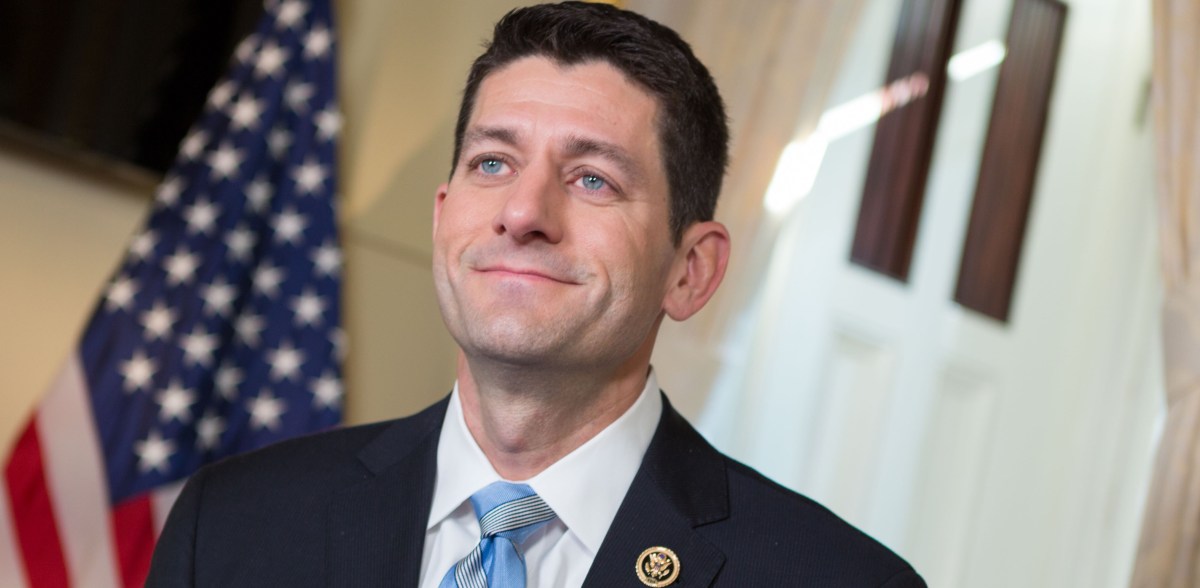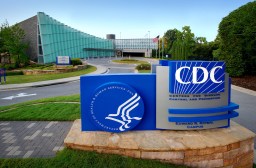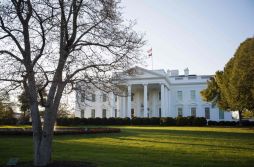‘Get the agencies moving’ toward CDO Council, former House Speaker urges

The Office of Management and Budget should work with agencies’ chief data officers to stand up the CDO Council sooner rather than later, according to current and former officials.
Within the Foundations for Evidence-Based Policymaking Act, signed into law in January, the Open, Public, Electronic and Necessary (OPEN) Government Data Act requires OMB to create the council to share best practices.
Talking at GovDATAx on Wednesday, former House Speaker Paul Ryan acknowledged that while the law is new, OMB has “a lot of work” to do ensuring agencies designate CDOs and standing up the council in the first year.
“Yes it’s money, but let’s get the agencies moving down the path,” said Ryan, who also was Budget Committee chairman during his congressional career. “OMB is an important funnel in the federal government that has to choose what it wants to prioritize.”
Selecting a CDO can take time because agencies must first build the infrastructure allowing for data sharing across the department, said Jose Arrieta, chief information officer at the Department of Health and Human Services.
HHS shares 10 terabytes of data across the department having spent $24 billion to establish multiple data repositories, move data to a commercial cloud environment, secure it at a data-attribute level, and make it accessible to data scientists. Natural language processing now reads the data and feeds it into a recurrent neural network driving insights based on business rules recommended by the Government Accountability Office, Arrieta said.
Data scientists helped HHS understand the math behind the recurrent neural network and vectorizing unstructured data, but subject-matter experts within the department had to specify what data was important for their own jobs. Arrieta said.
A recent white paper found CDOs are best served when they’re free from other roles and responsibilities, and Arrieta agreed saying as CIO he’s “legally responsible” for data at rest and in transit, driving information technology investments, moving to a commercial cloud environment, and reinvesting savings.
“The chief data officer’s job is to take an infrastructure that can deliver those outcomes and actually use that data to drive insights to better health outcomes for the American people, to identify instances of fraud across a portfolio of insurance products, to identify savings opportunities in a pool of $24 billion procurement purposes this year,” Arrieta said.
A good CDO immerses themselves in their mission space, he added.
In the case of HHS, that might mean helping physicians at remote health care facilities identify sepsis faster in a patients who’ve abused opioid — before their organs begin to fail.
“If we had an ability to share data, we might have been able to solve that problem way on the front end before any of those physical elements started impacting that individual,” Arrieta said. “And if you cannot have the empathy or the knowledge to understand that that’s what the folks at HHS are working on, you’re not going to be successful.”






